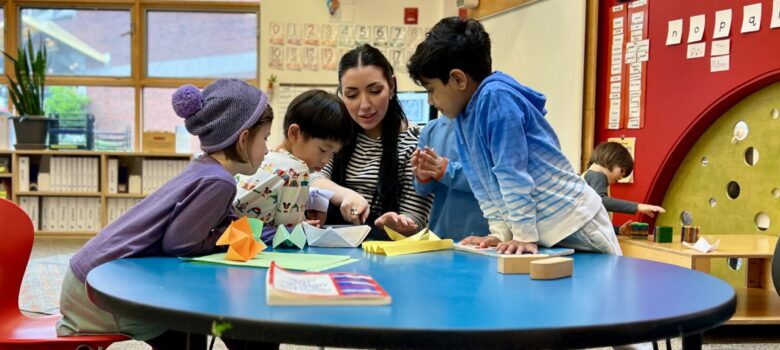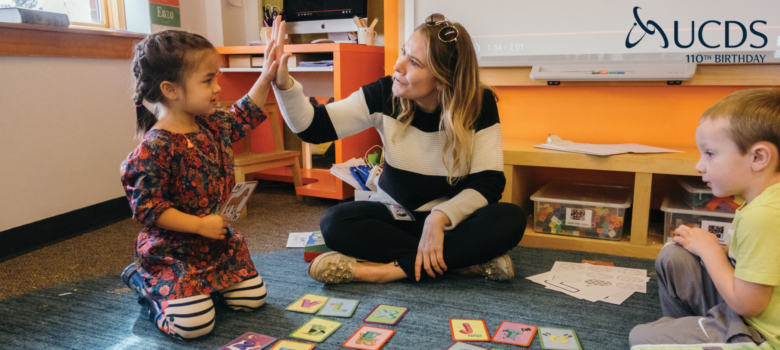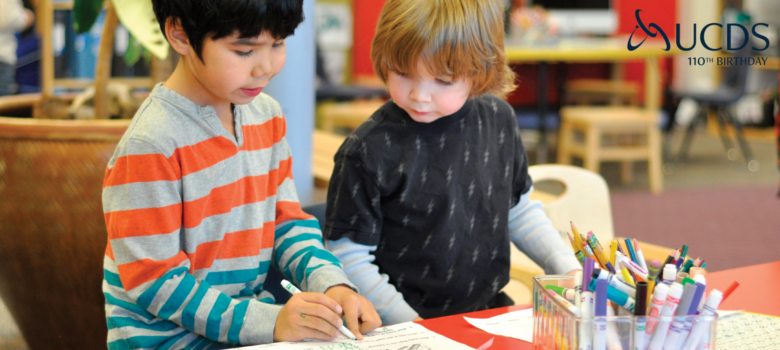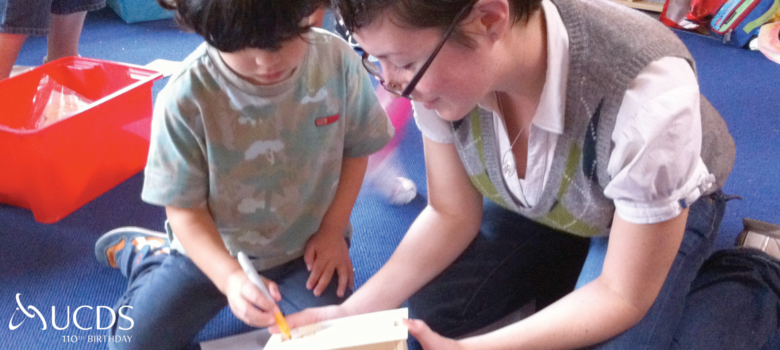by Chris Fletcher, Resident Teacher
The desire to help students find and exercise their voice has a lot of momentum in the education world at the moment, and rightly so. While there will undoubtedly be a sizable number of our cadre that will grow on to be leaders and therefore their voices will resonate further, it is equally important that we empower our students to exercise their voice when they don’t stand on such platforms. Regardless of their station in life, we want our children to know that they are not silent, not powerless to contribute to any discussion in which they find themselves. So while we should continue this endeavor, I hope the pendulum doesn’t swing too far in the other direction.
A world where everyone is exercising their voice at the same time is a cacophony of missed connections, a communication failure as well as a failure to respect the other. Thankfully, I don’t think we’re even close to that yet. I just want to make sure we maintain the balance by continuing to teach students that other essential skill, how to listen. There are plentiful opportunities to coach students on how to use their ears without their mouths during the day, but my favorite is during writing conferences. Seated with two or three of their peers, a student reads aloud a work of writing they just completed. They have to read it exactly as it is, even if they catch mistakes along the way. When they finish, the author sits silently and listens as their peers take turns answering the questions “What did you here? What worked well? What questions do you have?” Inevitably, a student will ask a question that the author believes is already answered in the writing and their facial muscles will flex as they struggle to keep their mouth closed. Afterward the author thanks them for their comments and heads back to include any relevant feedback in their writing. It is a difficult task to be sure and does not come naturally to everyone. However I think it is an indispensable restraint exercise in helping them to practice listening without an agenda, without trying to formulate responses and drive the conversation. It’s just one more learning we’re trying to share with our students so they leave our doors equally equipped to use their voices and and listen to the voices around them.





